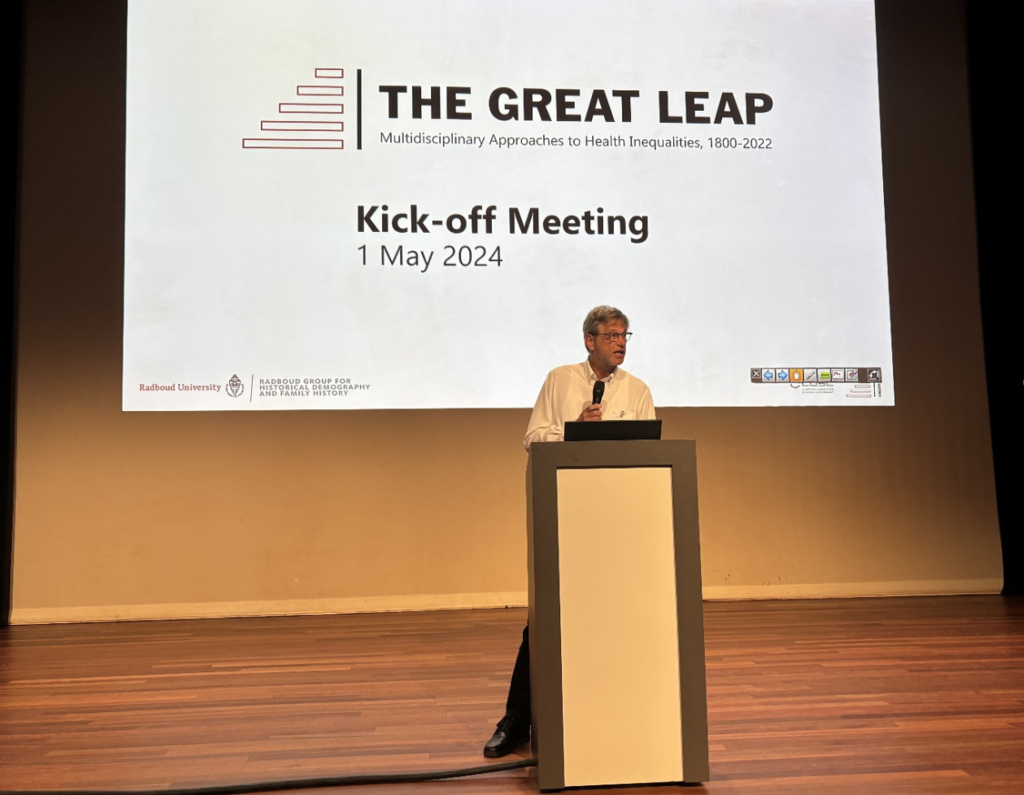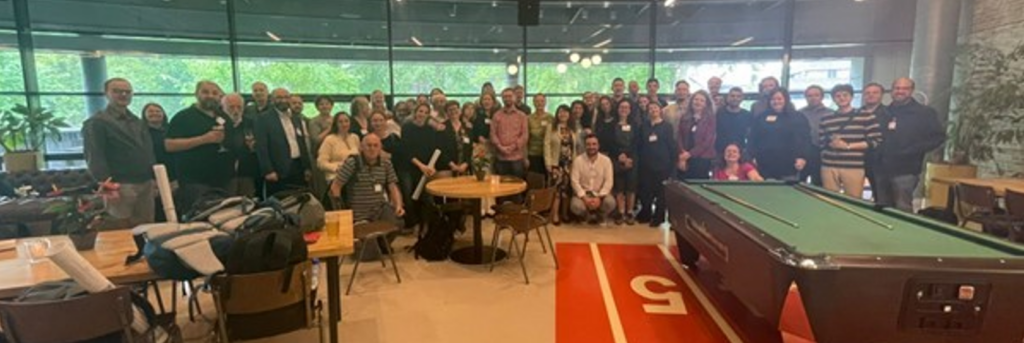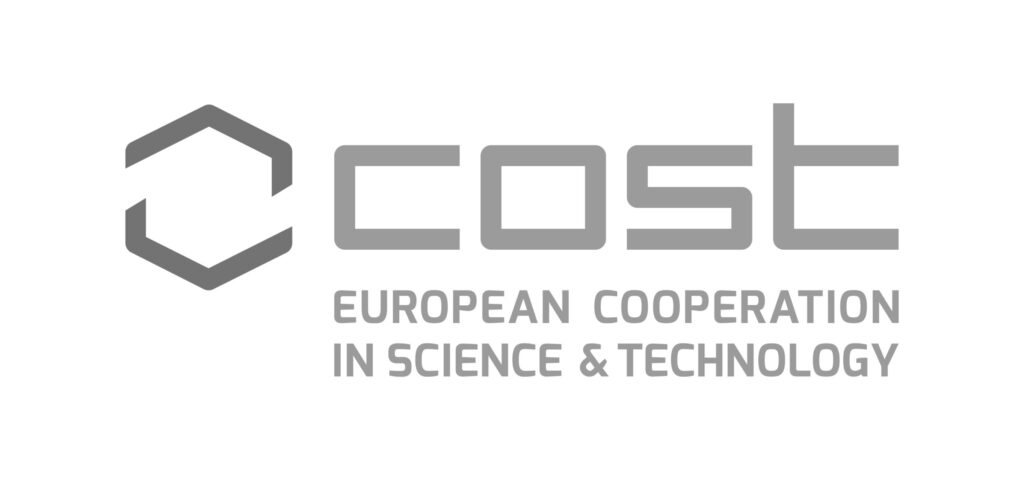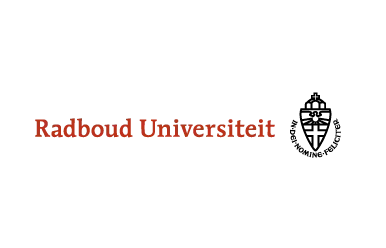Nijmegen, Netherlands, became a hub of excitement and intellectual synergy on May 2-3, 2024, as the COST Action project “The Great Leap: Multidisciplinary Approaches to Health Inequalities 1800-2022” officially launched. The event, held at Radboud University’s Elinor Ostrom building, set an inspiring tone for this ambitious initiative, bringing together 38 on-site and 52 remote participants from 37 countries.
Day One: Setting the Stage for “The Great Leap”
The kick-off began with a warm welcome in Theaterzaal C, where Professor Jan Kok set the stage for what was to come. Angélique Janssens from the Netherlands captivated the audience with a historical overview of the project’s evolution and its lofty goals. She emphasised the importance of expanding the ICD 10h dataset and the critical role of younger researchers in driving the project forward.
The day’s energy was palpable as Ciara Breathnach from Ireland, the Action Vice-Chair, outlined the project’s objectives and the strategic roadmap from 2024 to 2027. Presentations from the working groups followed, each showcasing their innovative approaches to tackling health inequalities. Highlights included Michail Raftakis from Bologna University on data inventory, Alice Reid from the Cambridge University on standardization methods, and Kaspar Staub from Zurich University on analytical tools.
The buzz continued with two lively poster sessions featuring 27 presentations, fostering an atmosphere of collaboration and knowledge exchange. Participants mingled over coffee, discussing research and forging new connections.
Afternoon sessions were a deep dive into specialized workshops. WG1 focused on historical causes of death, while WG2’s hands-on coding workshop with ICD 10h emerged as a highlight, underscoring its central role in the COST Action. WG3’s flash presentations introduced cutting-edge approaches to health inequalities, keeping the momentum high.
The day concluded with an enjoyable networking session, complete with drinks and a speed-dating mentoring program, creating a fertile ground for future collaborations.

Day Two: Strategic Planning and Future Directions
The second day was all about strategic planning. A hybrid Management Committee meeting, led by Action Chair Tim Riswick, reviewed the proposed activities, budget, and outputs for 2025-2027. Subgroup discussions were intense and productive, leading to a plenary session where ideas were consolidated and voted on.
The afternoon’s Core Group Leadership Meeting was crucial for implementing the morning’s discussions and planning future activities. The commitment of the participants shone through, promising a robust and dynamic path ahead for GREATLEAP.
Rossella Magli, the COST science officer, praised the project as a “star project,” and rightly so. The kick-off was a resounding success, setting a solid foundation for the project’s future.
A Call to Arms: Join us on this journey
As we embark on this groundbreaking journey to unravel the complexities of health inequalities from the 19th century to today, we invite scholars, researchers, and enthusiasts to join us. GREATLEAP is more than a research network; it’s a collaborative effort to push the boundaries of historical knowledge and make a lasting impact on our understanding of contemporary public health.
Stay connected, get involved, and be part of the Great Leap. Information can be found on our website: https://greatleap.eu and social media channels @GREATLEAPCost.
Edward Morgan (Science Communication Coordinator)
Dr Ieva Lībiete (Communication & Dissemination Working Group Co-leader)




